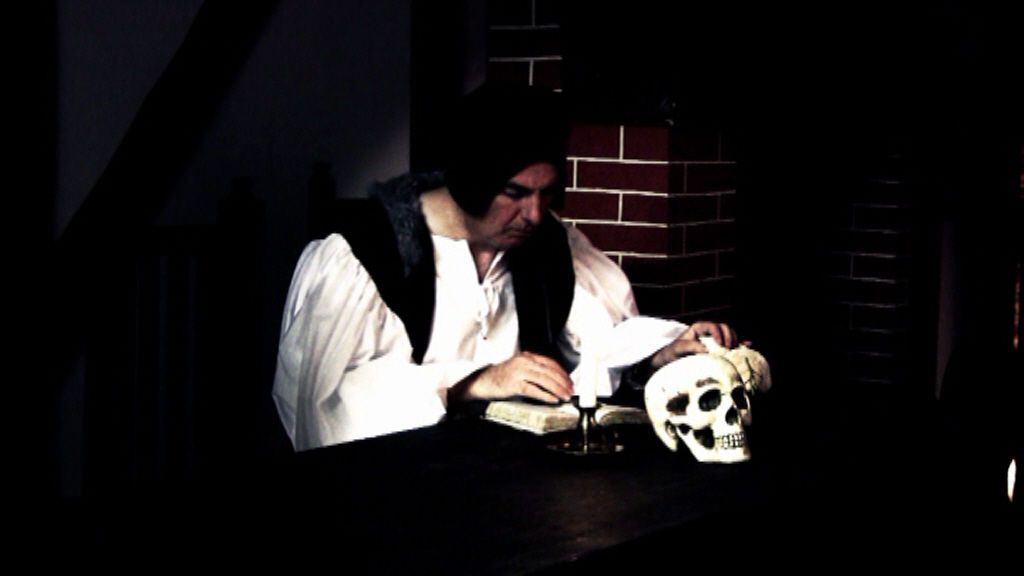There have been many attempts, some noble, some not so much, to portray the lives of saints in film and television, and many of them, like recent efforts to capture the essence of St. John Paul II and St. Mother Theresa did not exactly set the world on fire. It’s hard and frankly, saints’ lives just don’t seem to fit all that well with modern audience expectations. This probably says more about our jaded age than it does about saintly filmmaking.
Granted, some lives of some saints would probably garner an “R” rating if too much time was spent on their pre-conversion days. St. Augustine, among many others, was a rather robust practitioner in all manner of things you don’t read about in your average Church bulletin.
Joan of Arc certainly comes to mind when thinking of celluloid heroes or heroines. But I always found the French film of the 1920s, albeit artistically powerful, just a little too bleak. And the Hollywood version, though more palatable to my own tastes, nevertheless wanting in power and impact.
As I have written before, the play and subsequent film about St.Thomas More was, and still is, the high water mark for saintly discourse in popular culture…But that should not stop us from considering other subjects worthy of a lot more attention, especially in the day and age we find ourselves in now.
St. John Fisher also found himself living in interesting times. An influential Churchman and contemporary of St. Thomas More, Fisher also came up on the short end of a new political reality as the young boy he had helped tutor in the teachings of the Church grew to be a man and a king who would stand the country and his Church on its head. Unlike More who was able to bob and weave around the topic of Henry VIII’s divorce of his wife for as long as possible, Fisher preached from the pulpit about it…He preached fearlessly and he preached in fidelity to the Church.
It was not the politically expedient thing to do and it was not the path any other Bishop in England traveled. There’s the answer I think. St. John Fisher took the “loser’s” path and movies and television want “winners.” If someone was writing a screenplay about a priest like the recently martyred Fr. Jacques Hamel the third act would probably conclude with the priest pulling a Glock from underneath his chasuble and dispatching the terrorists. That might sell popcorn but it doesn’t make saints. Instead, Fr. Hamel stood his ground against what he perceived to be satanic forces and gave his life.
Regardless of one’s current political positioning, it is certainly clear that the so-called social issues have picked up a strong wind at their backs sailing further and further away from where Mother Church says they belong. It’s easy to give up and to accept what looks like the inevitable or worse, go along with the winds as all those English bishops in Henry VIII’s world did, save St. John Fisher.
With every passing news cycle, the need for inspiration becomes ever more acute and the gift that are the lives of saints, like St. John Fisher, even if not fully transferable to mainstream forms of entertainment, are important to know. Like fellow martyr Thomas More, St. John Fisher also had a rather profound and grace-filled moment before the executioner’s axe. The last piece of scripture he read was “And this is eternal life, that they know thee the only true God, and Jesus Christ whom thou has sent. I glorified thee on earth, having accomplished the work which thou gavest me to do; and now, Father, glorify thou me in thy own presence…” (John 17:3,5).
When St. John Fisher closed the New Testament and started for the block, he is quoted saying, “There is enough learning in that to last me the rest of my life.” It may not be the stuff of a summer blockbuster, but then again, not a bad tag line for a life well lived either.
…Cut and Fade Out.
Robert Brennan has been a professional writer for more than 30 years, including many years in the television industry.

